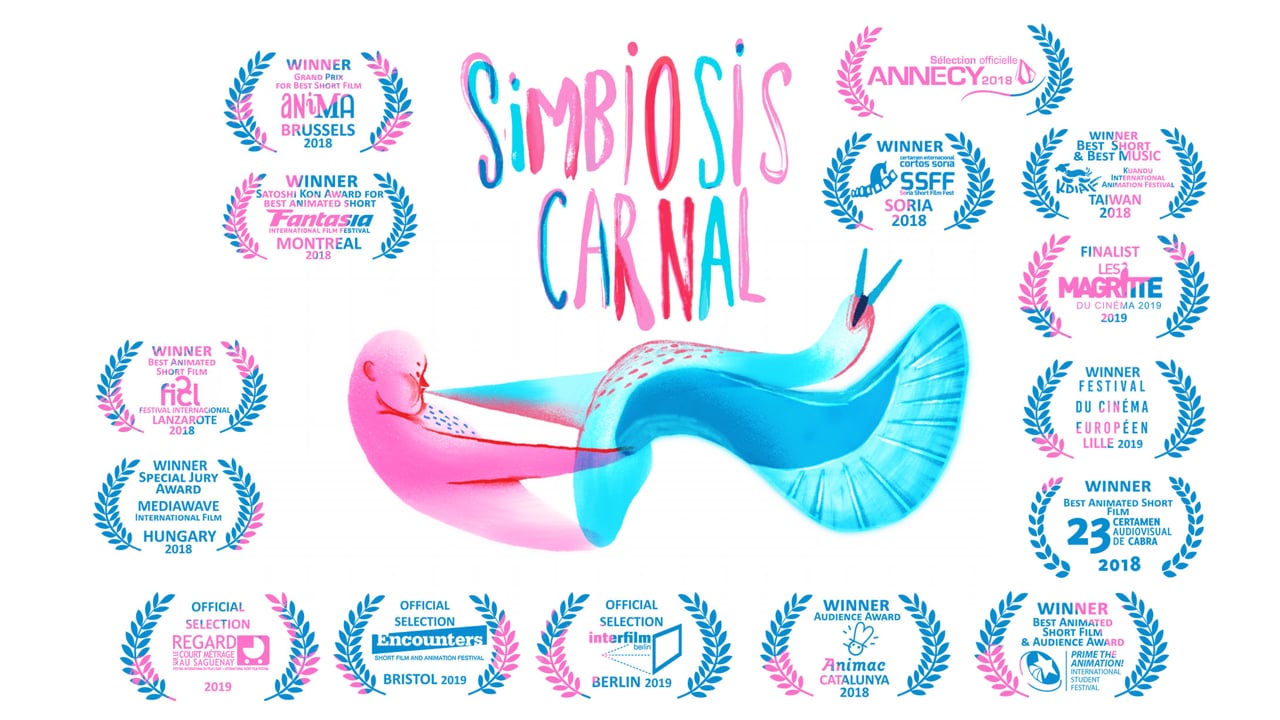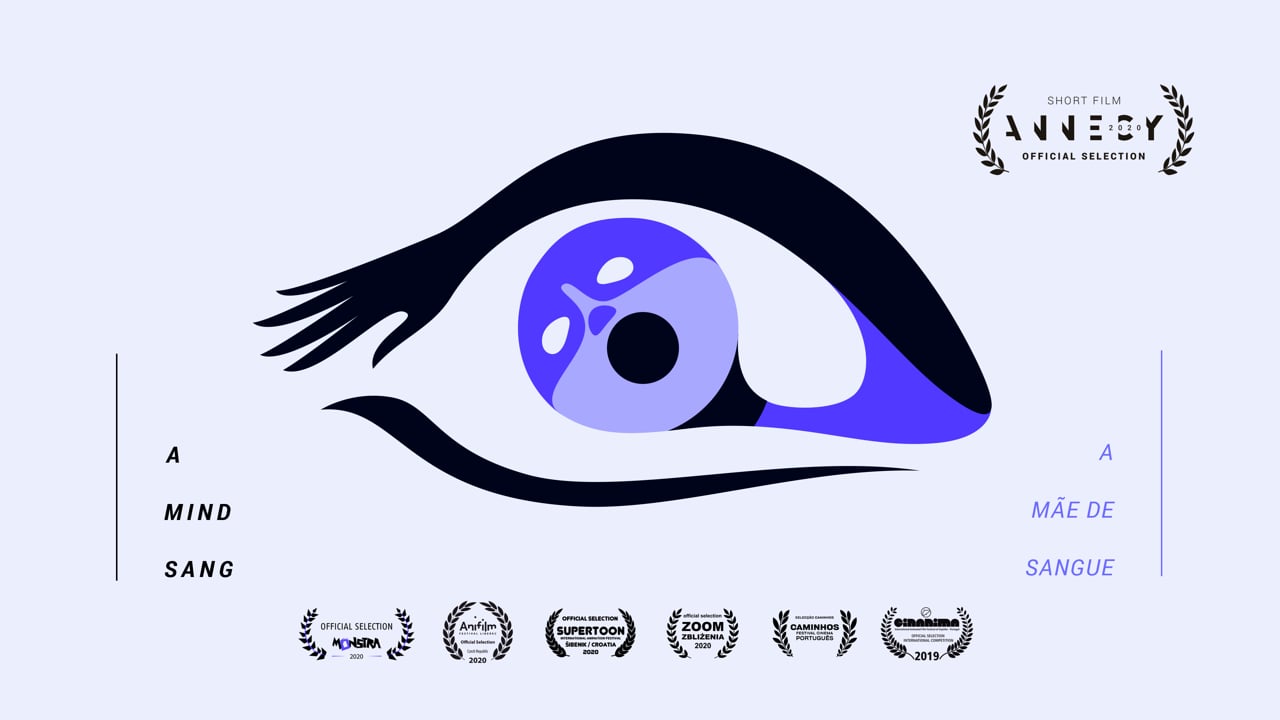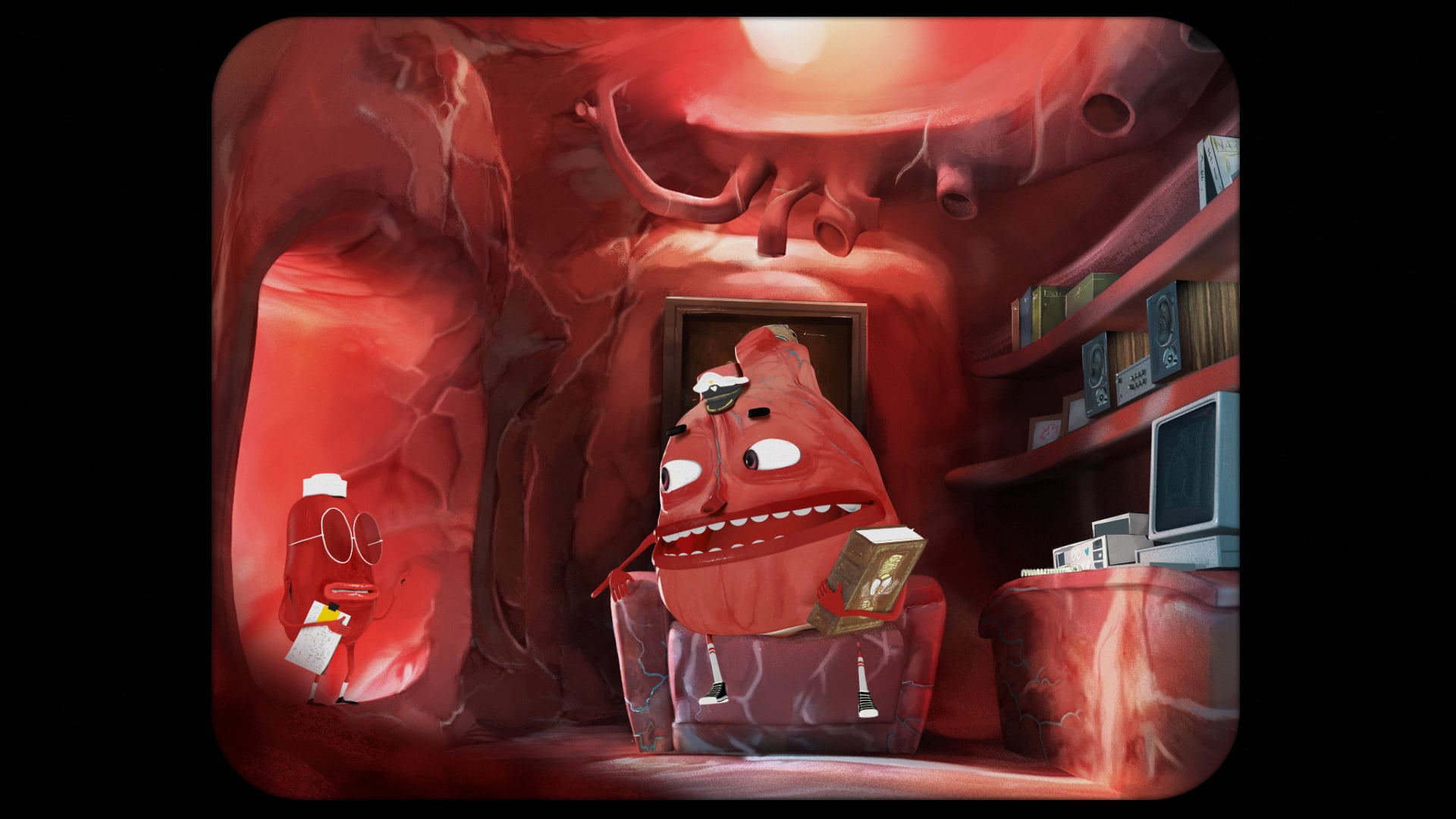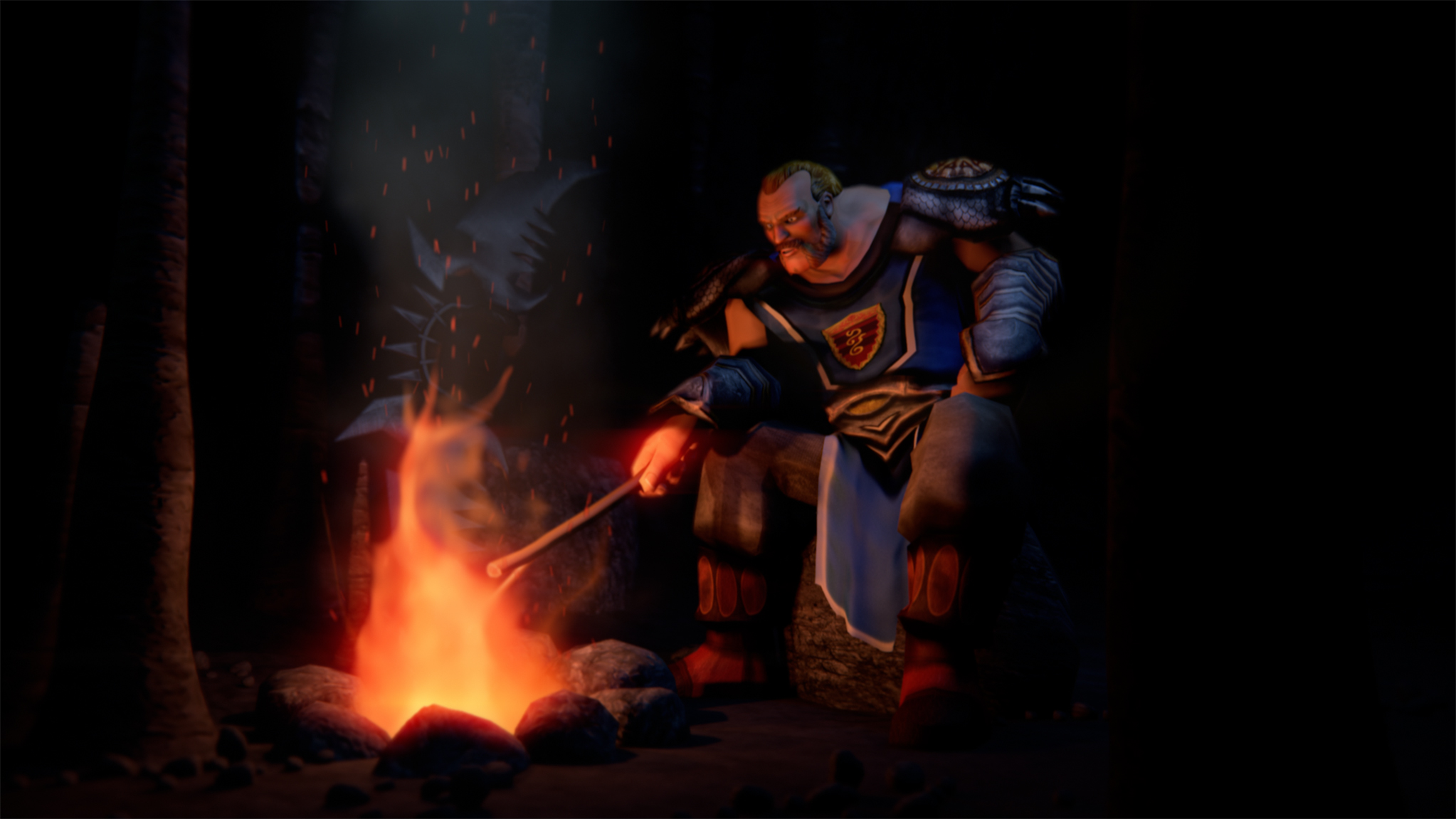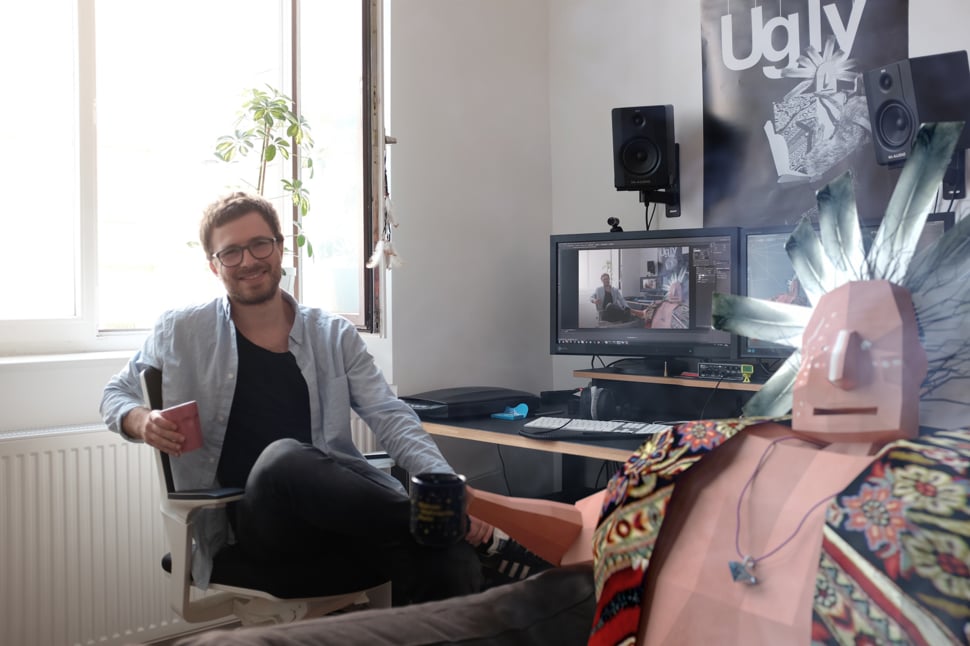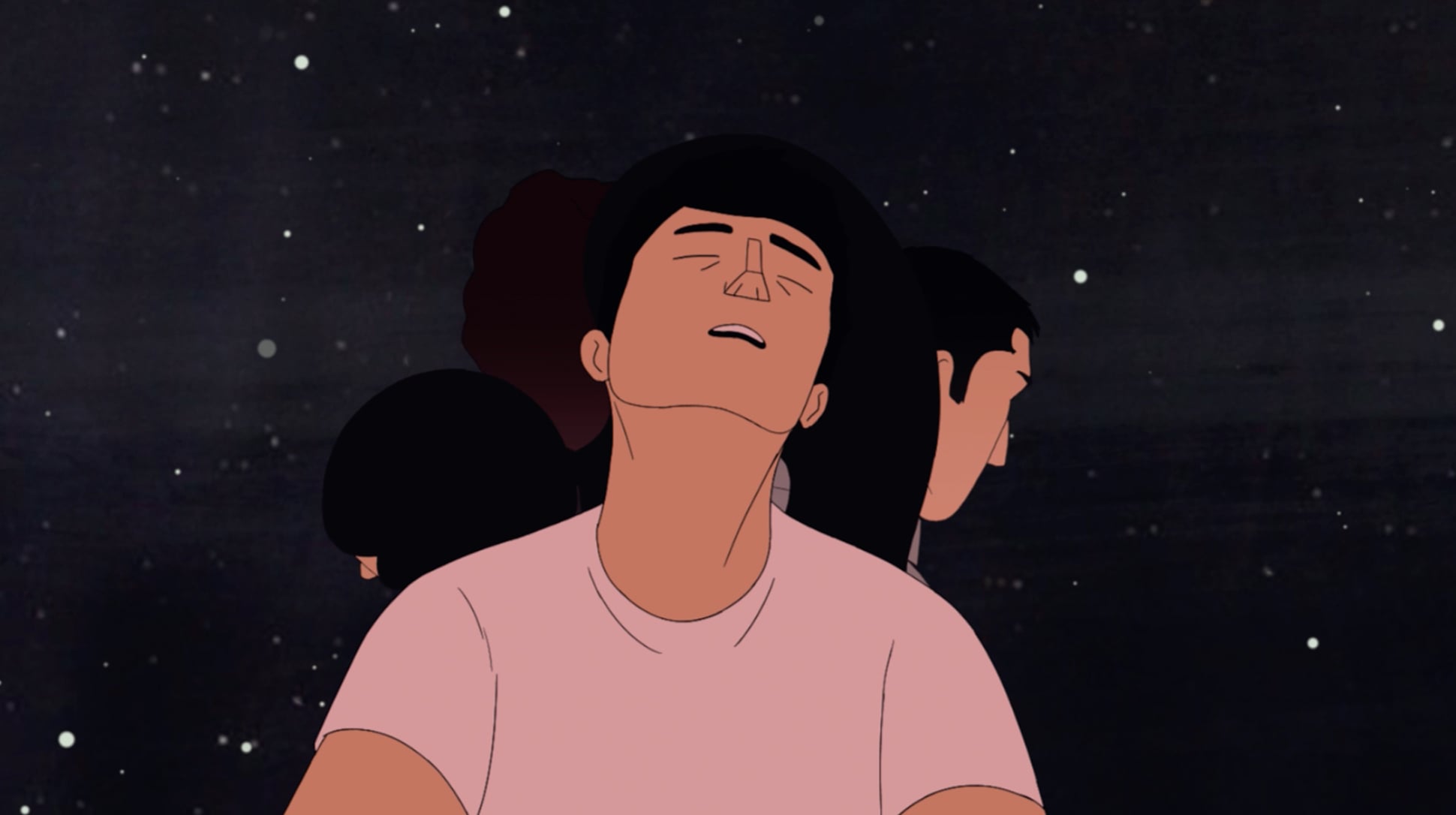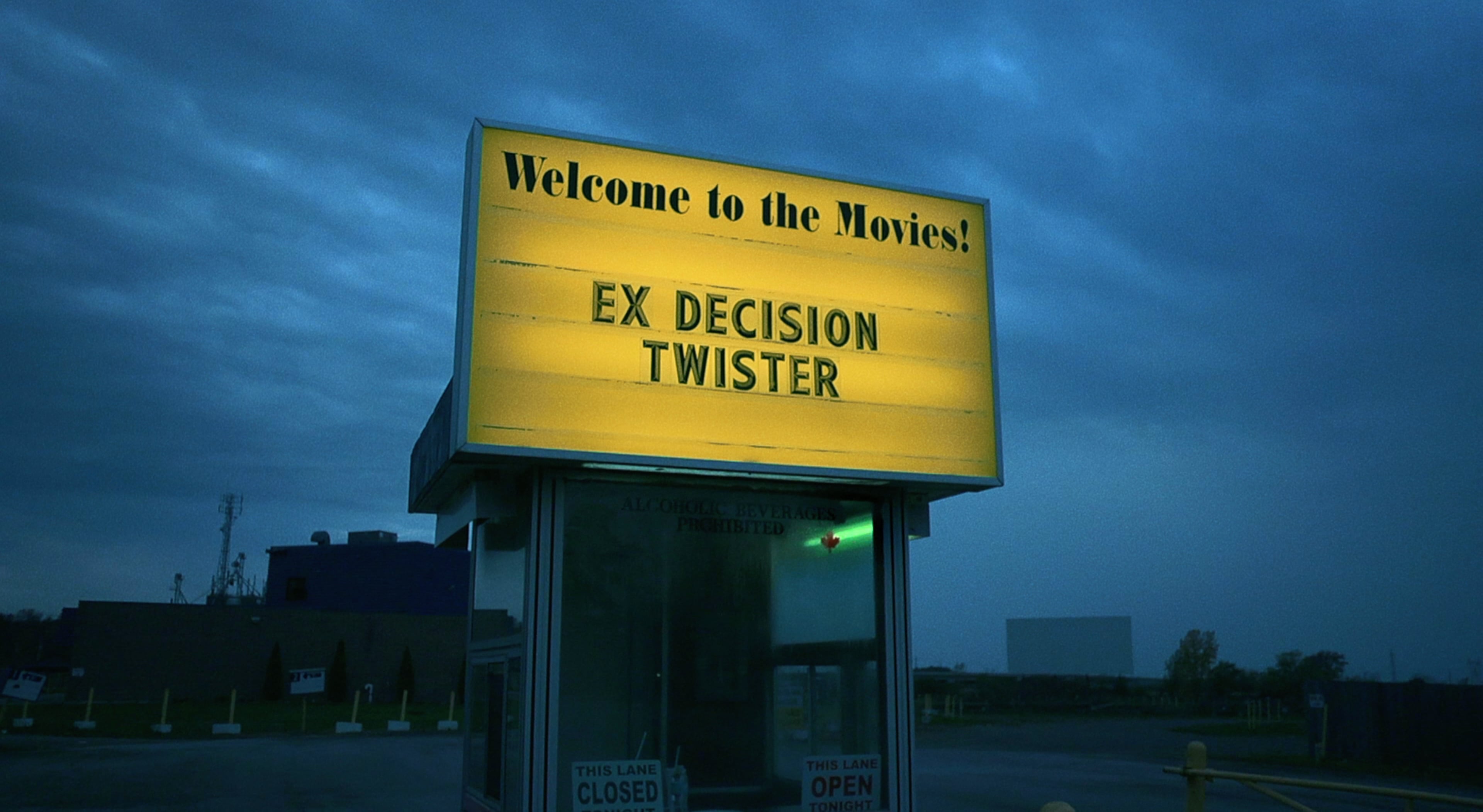There is a mesmerizing feeling that comes from going through someone’s personal belongings. It’s an intimate look into their private life. An understanding of that person through the objects they keep close.
When that person is a hoarder though, it’s an entirely different story. As is the case with this week’s Staff Pick Premiere, “Creme de Menthe,” from the French-Canadian directing duo Jean-Marc E. Roy and Philippe David Gagné.
In this short film — which premiered at Director’s Fortnight in 2017 and is now coming online for the first time — we find Renée, who has returned home after her father’s death. Tasked with cleaning up his cluttered home, she finds stacks of household objects piled to the ceiling, but what is glaringly absent is any remnant of herself.
To help celebrate today’s premiere, we reached out to directors Jean-Marc E. Roy and Philippe David Gagné. Below is an inside look at how they approached making such emotionally driven work — and what it was like working as a duo.
What inspires you to make films?
Inspiration can emerge from the tiniest thing: a view, a panorama, a curiosity to explore a genre, or a character. For us, it’s also about creating stories that put the Saguenay on the screen, our small, remote, cold-but-beautiful region.
How do you approach writing as a duo?
We always develop a film idea by just talking about it together. It can be really quick, like a ping-pong match, but it can also be excruciatingly slow, one blocking the other’s idea, and vice-versa.
What do you like about directing together?
Because we are also producing, it simplifies some tasks. We can literally be at two places at the same time, one giving direction to actors as the other set the frame with the DOP.
The performances in “Creme de Menthe” were great. How do you get the performance you want from your actors?
We tend to write characters with distinct personas, which helps give direction upon the first reading. Oftentimes, we write with actors in mind, so we create dialogues that fit what we think they sound like, or how we want them to sound.
Do you have any advice for filmmakers starting to work on their first short film?
Don’t try to make films to get into big festivals. That should never be the goal. Instead, try to be funny, sad, or scary — anything really, but do it through your own lens. Because all stories have been told already, but not all stories have been told by you.

